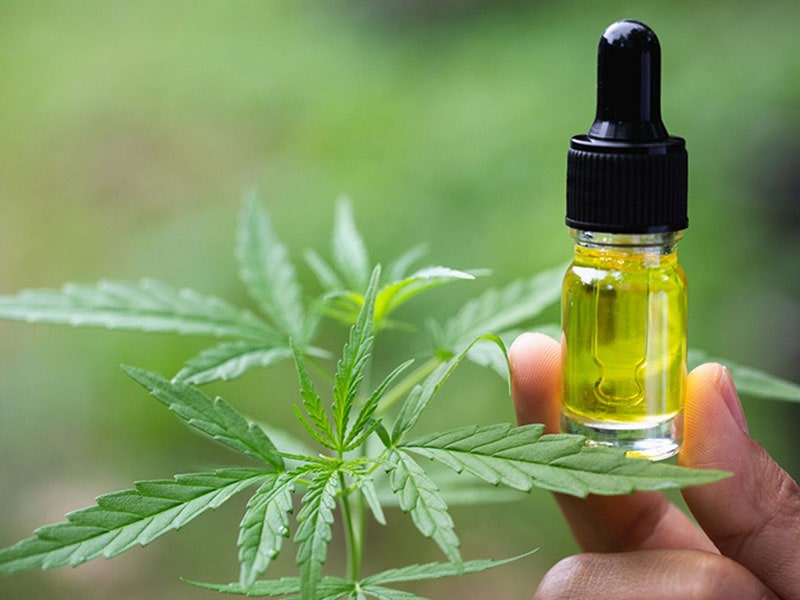We see it everywhere: in the media, in the posts of our favorite instagrammers, and even on the streets where we walk every day, with dozens of new spaces blossoming recently in our country.
But, after all, what is all the buzz around this word about?
CBD is short for Cannabidiol, one of the main organic compounds present not only in the hemp plant, but also in the hemp leaf. These compounds are called cannabinoids because they act directly with the endocannabinoid system, which functions as a homeostatic regulator in the human body and plays a key role in virtually every physiological system in our body.
Unlike THC, the main compound found in the same plant and responsible for the euphoric feeling so associated with hemp consumption, CBD contains no psychoactive properties and is associated with therapeutic relief from a wide variety of conditions such as anxiety, insomnia, chronic pain and more.
The use of hemp for medicinal purposes is not new, dating back as far as 2900 BC in China. However, and despite the growing number of tests and studies we have observed on the subject, any hemp-related substance raises questions about its legality and safety.
If you’re curious about the health benefits associated with consuming medical hemp and how it can help you, don’t go away. In this article, we’ll explore what CBD oil consists of and help you choose the best option for you.
What does CBD oil consist of?
As the name implies, CBD oil is the concentrated oil version of this same organic compound and is the most common way to consume it. Although it can sometimes be referred to as hemp oil, CBD is generally obtained from the hemp leaf, which naturally has high levels of CBD and extremely low levels of THC.
Part of CBD’s popularity is due to the fact that it is a non-psychoactive substance, unlike its THC sibling, allowing you to enjoy its benefits without the munchies.
It’s important to first understand the difference between CBD oil and hemp seed oil. Hemp seed oil is extracted directly from the seeds of the plant, which can be cold pressed to create a delicious oil; there is no cannabinoid present and we can even find it in the supermarket. CBD oil, on the other hand, is extracted from the flowers of the plant (from which we derive the greatest benefits) and not from the seeds.

Consuming CBD oil doesn’t leave you high, but rather with a heightened sense of well-being and relaxation. Highly sought after for its therapeutic effects, CBD oil is promoted as a reliever of anxiety, depression, and post-traumatic stress, among others. Its consumers are avid advocates of the wonders it does for health.
Is CBD oil legal in Portugal?
In 2001, Portugal decriminalized the acquisition, possession and consumption of hemp and any psychotropic substance, and it is possible, according to Law 30/2000, to possess up to 10 doses per day for personal consumption.
Despite all this, we continue to operate in a gray area of the law.
The use of hemp-based substances for medicinal purposes, where CBD is found, was approved in Parliament in 2018, but its regulation dictates that a doctor’s prescription is required and that it can only be “filled” at a pharmacy. Chronic pain and nausea or vomiting associated with cancer treatments, for example, are two of the seven indications approved by Infarmed for hemp-based products for medicinal purposes.
To discover more information, visit ecowatch cbd to know more.



